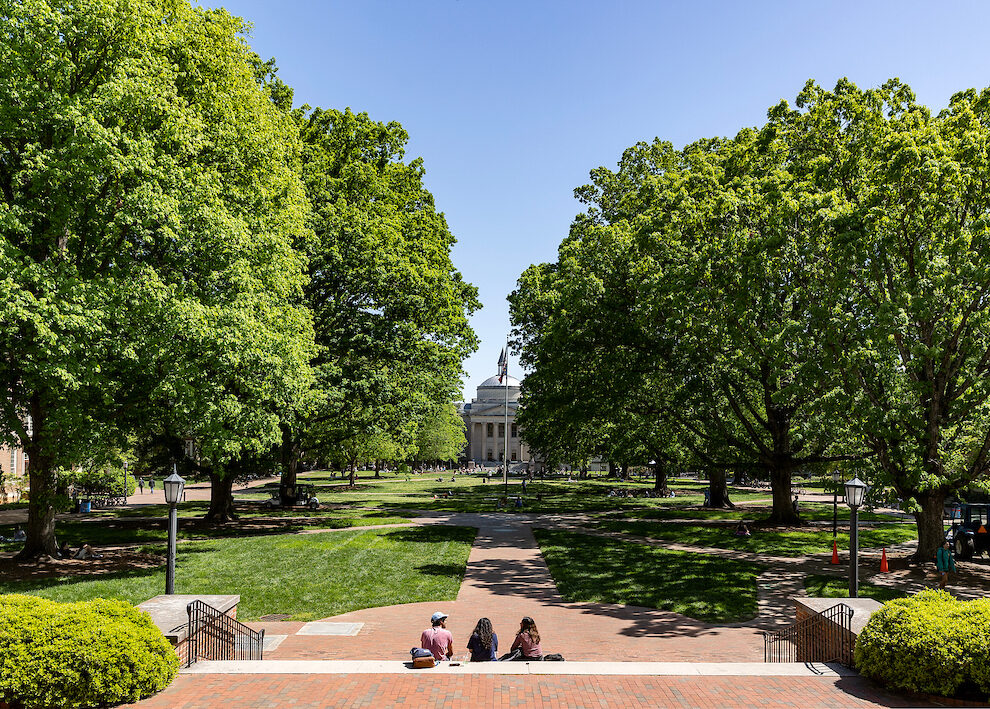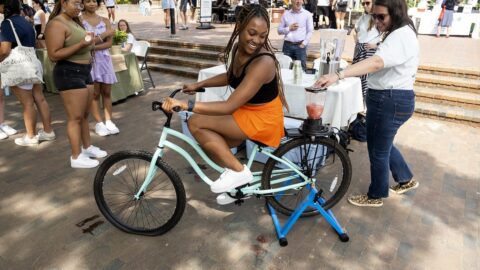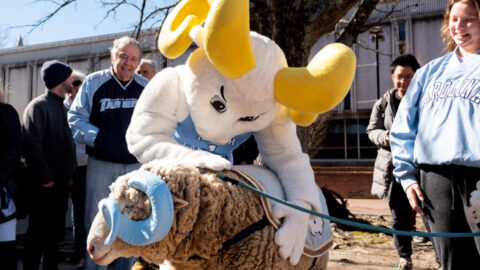
Internship Applications Now Open!
Students, are you interested in health communication and want to embrace your creative side through…
Summer Care
UNC-Chapel Hill students may still access Campus Health during the summer. Those students attending a summer school class will pay the health fee in their tuition and fees for that

Why Public Health Matters at Carolina
Public health isn’t loud. It’s not trending. It doesn’t go viral. But it does keep you safe, well, and able to thrive at Carolina.

Managing Your Time
Spring break is over, and the final weeks of the semester stretch ahead. The finish line is near, but getting there takes intention. You don’t have to do it perfectly.

Recovery and Resilience
Resilience is often misunderstood. It’s not about muscling through exhaustion like a badge of honor—that's the opposite of resilience. When we drag ourselves into class or work feeling utterly drained, we

Your Sexual Health Checklist
Healthy sexual relationships can support your well-being when they include care and thoughtfulness. Since most adults have sex at some point in their lives, we can all benefit from information

Well-Being Days: A Guide to Self-Care
Well-being days are a valuable opportunity to recharge, reflect, and focus on your mental, physical, and emotional health. Whether you're looking for relaxation, productivity, or a mix of both, here

